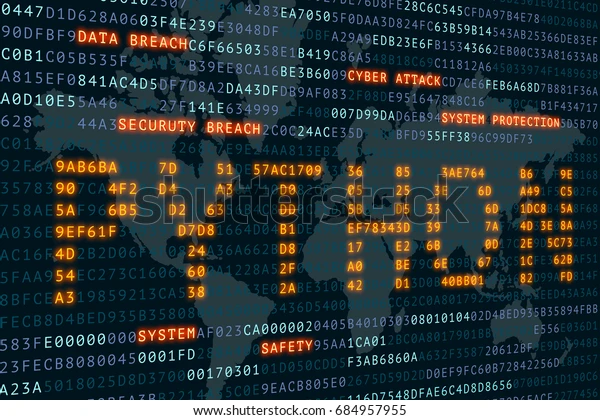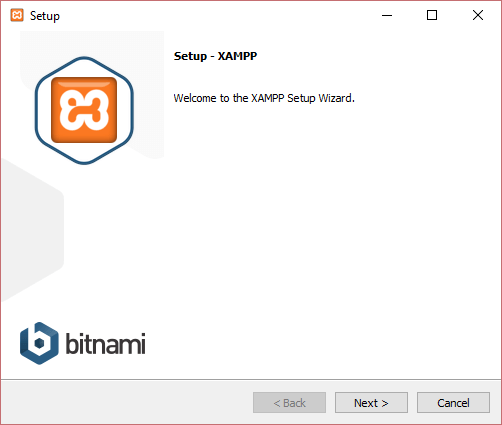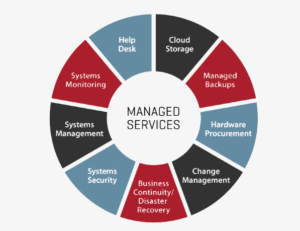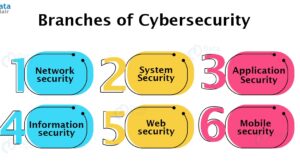
So you’ve decided you want to be a Python developer. That’s outstanding, as the world could always use another Python rock star. And whether or not you’ve ever learned a programming skill doesn’t really matter, so long as you have the interest, the time to invest, and the will to learn a fascinating new skill.
But once you dig in, you’ll find that, in order to really shine in today’s market, there are certain skills you’re going to need in order to join the ranks of the best Python developers. Those developers have devoted years to honing their skills and learning everything necessary to make a name for themselves and even be hired by one of the many Python development companies—which is a goal you might consider.
But what are the skills you need to know, in order to be considered as a top-tier Python developer? Let’s lay it out, so there’s little to no guesswork in the tools you’ll need in your developer toolkit to write outstanding Python code.
Python
It should come as no surprise that you need to know Python. In fact, you need to know Python as well as you know the primary language you speak. You’ve got to understand the core of Python so well, you can almost program in your sleep. Fortunately, Python isn’t the most challenging language to learn. Even so, you’re going to need to spend a good amount of time grasping not just the fundamentals of the language, but advanced topics as well.
In other words, until you can consider yourself 100% adept with the Python language, you need to keep at it.
If you’d like specifics, you’ll want to make sure you have a solid understanding of the core Python concepts like data structures, data types and variables, exception handling, file handling, generators, iterators, and object-oriented programming.
Once you are certain you fully grasp those topics, you can then move on to the other skills.
Web Frameworks
Outside of the Python Core, you must understand what web frameworks are and how to use them. It’s with these tools that you can develop and deploy web applications. Until you know how to use a web framework, your Python abilities will be limited.
The two most popular web frameworks for Python are Django and Flask. Django is a high-level web framework that encourages rapid, clean, and pragmatic design. Django offers a large number of libraries that make it possible for developers to create high-quality web applications without having to reinvent the wheel.
Flask is a micro web framework (classified so because it doesn’t depend on any particular tools or libraries) with no database abstraction layer, form validation, or any common functions provided by third-party libraries. Flask is considered a template engine that includes its own modules and libraries that make it possible to write web applications without writing low-level code.
In today’s modern, mobile-first world, web applications are a must-have. So understanding the web frameworks that function with Python is crucial.
Object Relational Mapping
ORM is a technique for converting data between incompatible types, using object-oriented programming languages. ORMs create a virtual object database that can be used within the Python (or other) language. Because you will most likely be creating web applications, those apps will be required to convert data from one system to another. Without ORMs, this is incredibly challenging.
By using ORMs, Python developers can stick to Python code, instead of having to use SQL to create, read, update, and delete data schemas.
AI and Machine Learning
In this modern era, there’s almost no way of escaping Artificial Intelligence and Machine Learning. Even simple web applications can take advantage of these highly advanced technologies. But this is especially so if you’ll be using Python within the realm of data science, where you might work with neural networks, data visualization, data analysis, and data collection.
And to really become proficient in AI/Machine Learning with Python, you’ll need to have a solid understanding of Machine Learning Algorithms (a subset of AI that aims to create systems that can automatically learn from data patterns).
Front-end technologies
Outside of knowing Python like the back of your hand, you’re going to need to also know how the frontend of your web application will work. For this, you’re going to need to understand the three primary front-end markup languages for Python: HTML5, CSS3, and JavaScript. Python is perfectly capable of generating all three markup languages via parsers, compilers, and transpilers.
Git
Once you get beyond learning the foundations of Python, you’re going to need to start working with a version control system. These systems allow you to iterate your code, keeping track of every single change that happens. Using a version control system will help you in ways you might not understand until you actually start working with one.
The most popular version control system on the planet is Git. You’ll want to install Git and learn the ins and outs of using this tool. Once you understand how Git works, you can then integrate it with a GitHub account to serve as a repository for your code. With that repository, you can collaborate with other Python developers on your code.
Communication Skills
Finally, and this could be said for any language, you must have good communication skills. Once you have a solid grasp of Python, you’ll want to be able to use that new skill in a job, with a team. To do that, you’ve got to be able to communicate well. You could be the single greatest Python developer on the planet, but without this particular skill, you’ll find yourself hard to market.
Conclusion
There are other skills you’ll need beyond these, but if you master what’s on this list, any company would be lucky to have you join their team. Just remember, it all starts with a solid foundation of the Python Core. Build from that and you’ll be golden.






